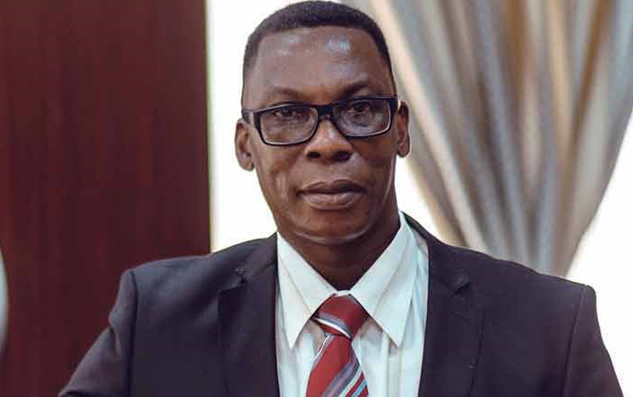
25% of insurance claims faked — NIC
The Commissioner of Insurance, Dr Justice Yaw Ofori, has bemoaned the rising incidence of fraudulent claims on insurers by the insuring public, warning that the practice risked raising the cost of insurance and destroying the growing confidence that insurance was gaining in the country.
Dr Ofori said of all claims made on insurers by clients, about a quarter of them were fictitious – either inflated or staged – ostensibly to fleece the companies of their investments.
He said some even went as far as staging their death or the death of a relative to be able to claim life insurance.
The Commissioner of Insurance said although the malpractice was global, it was also endemic in the country, with clients developing the habit of claiming for things that did not occur.
Consequently, he said there was the need for the companies to be meticulous in their investigations of claims to ensure that payments were for genuine claims.
Implications
He told the Graphic Business at the weekend that the malpractice needed to be stopped, given its cost implication.
He said among other things, fraudulent claims raised the cost of operations of insurers, resulting in corresponding increases in the premiums that clients must pay to insure themselves and properties against eventualities.
“I do not have the specifics but in Ghana, we should be looking at about 25 per cent of fraudulent claims. It could be inflating claims, staging claims and sometimes people staging their death to make a life claim,” he said.
Investigations
He said fraudulent claims stood at 40 per cent globally and stressed the need for insurance claims to be properly investigated to reduce the incidence of companies paying claims for events that did not occur.
“It also affects the premium people pay because so far as there are leakages, it results in a high premium for consumers worldwide. It is the responsibility of insurance companies to do due diligence before embarking on any claims payment.”
“Claims investigations are very important to actually weed out such fraudulent instances. So, it is the responsibility of insurance companies that have to pay these claims to investigate to ensure that they are paying only legitimate claims,” Dr Ofori added.
Technicalities
Explaining further, the Commissioner of Insurance said insurers also needed to be conversant with their job by always ensuring that the damages claimed for were capable of happening in the case of non-life insurance.
He recalled an incident in which a client whose vehicle bumper was damaged in an accident submitted a claim that requested repairs and/or payments to cover damages to the sunroof, lower axle and the shocks of the vehicle.
Dr Ofori said it was obvious that such a claim was fraudulent but an insurance practitioner who does not appreciate the parts of a vehicle may have difficulty detecting that early.
Prevalence
An insurance expert, Mr Larry Kwesi Jiagge, said in a separate interview that the malpractice was prevalent in motor insurance where clients were found claiming for things that did not happen.
Mr Jiagge, an insurance broker, recalled that one lawyer was found for faking accidents and fires on his newly imported cars, ostensibly to claim insurance.
He said when an insurance company discovered his act and caused his arrest, he later committed suicide when he was granted bail.
He said a company was also recently caught for fraudulently claiming fire insurance when the said fire did not occur.
“With regards to motor insurance, some clients, who do not have insurance at the time of an accident, sometimes manage to connive with staff of insurance companies to take up a policy and backdate it for the claim to be made.”
“So, when it comes to fake insurance, the strategies are many but it all depends on the type of policy,” he said.
Detection
Asked how companies could detect fraudulent claims, Mr Jiagge, who is the Managing Director of Risk Management and Advisors Limited, said companies can sometimes request separate medical reports in the case of personal injury.
“Some people may connive with the medical team to hike up the medical incapacitation. When you suspect that, you can request a separate medical report,” he said but noted that such requests were limited to only certain policies.